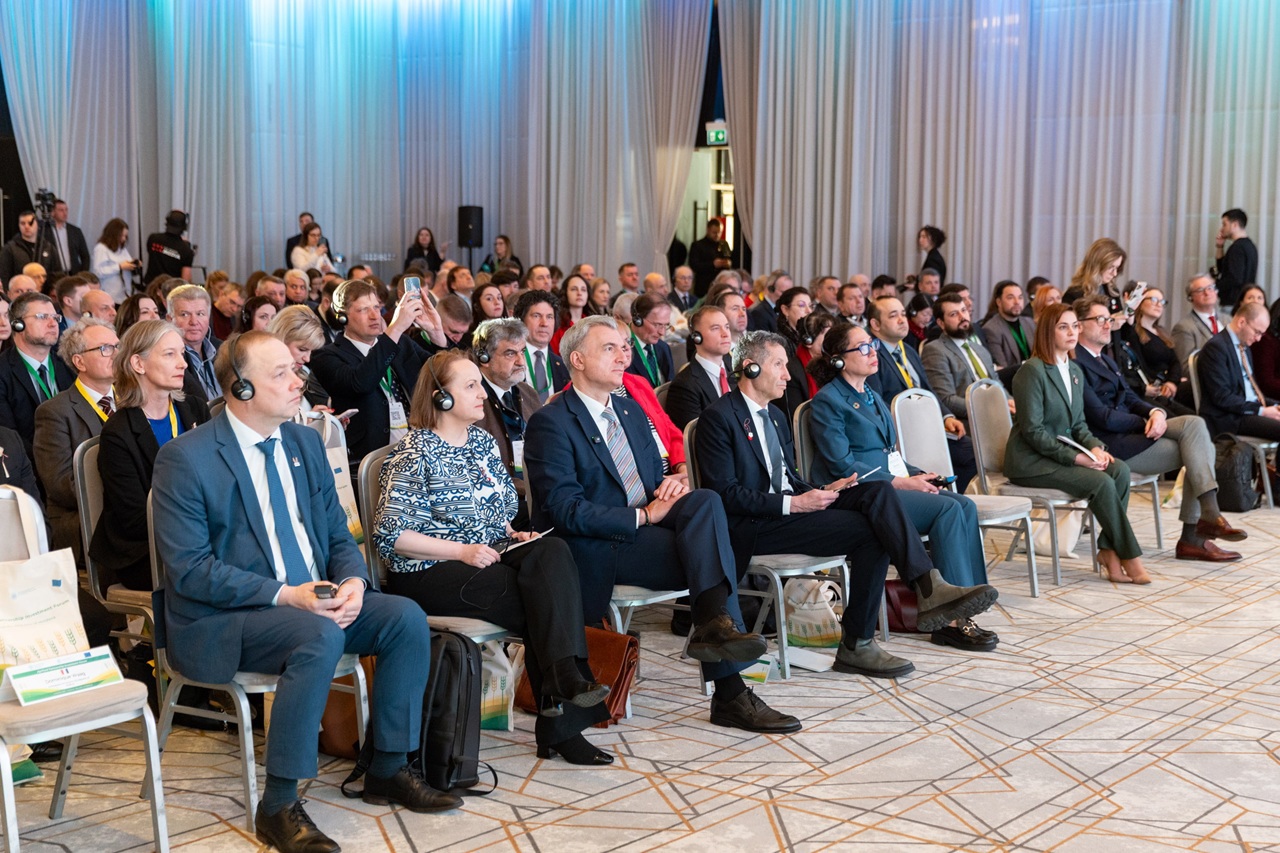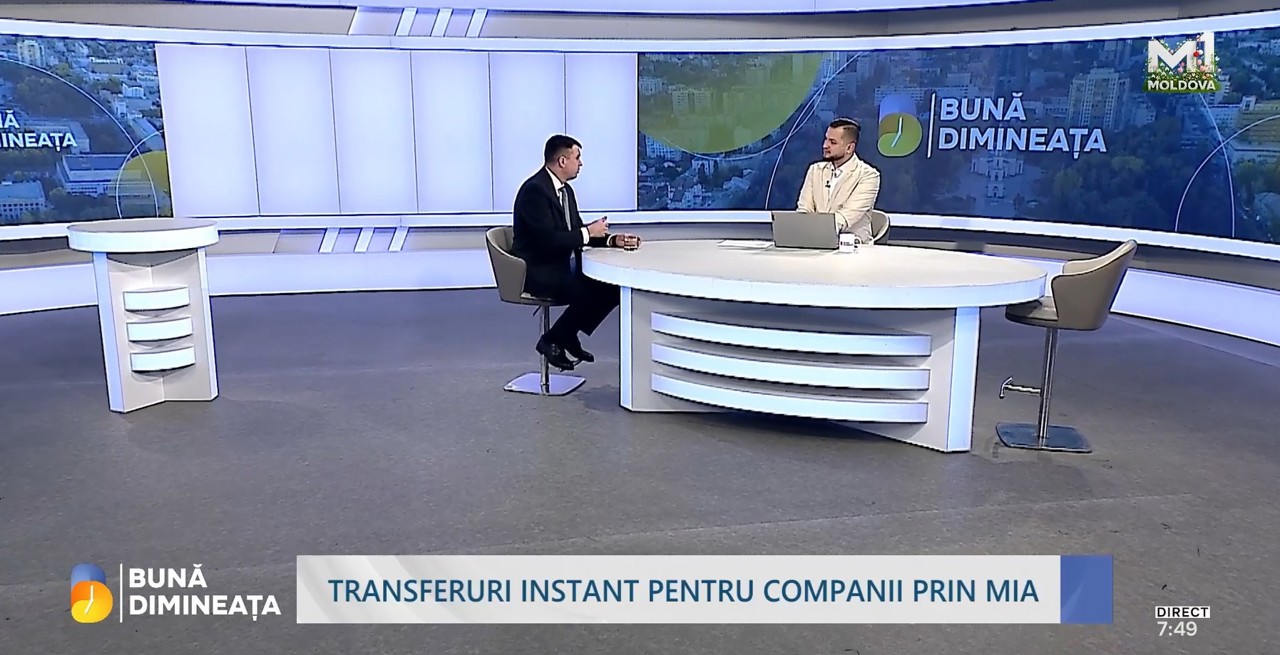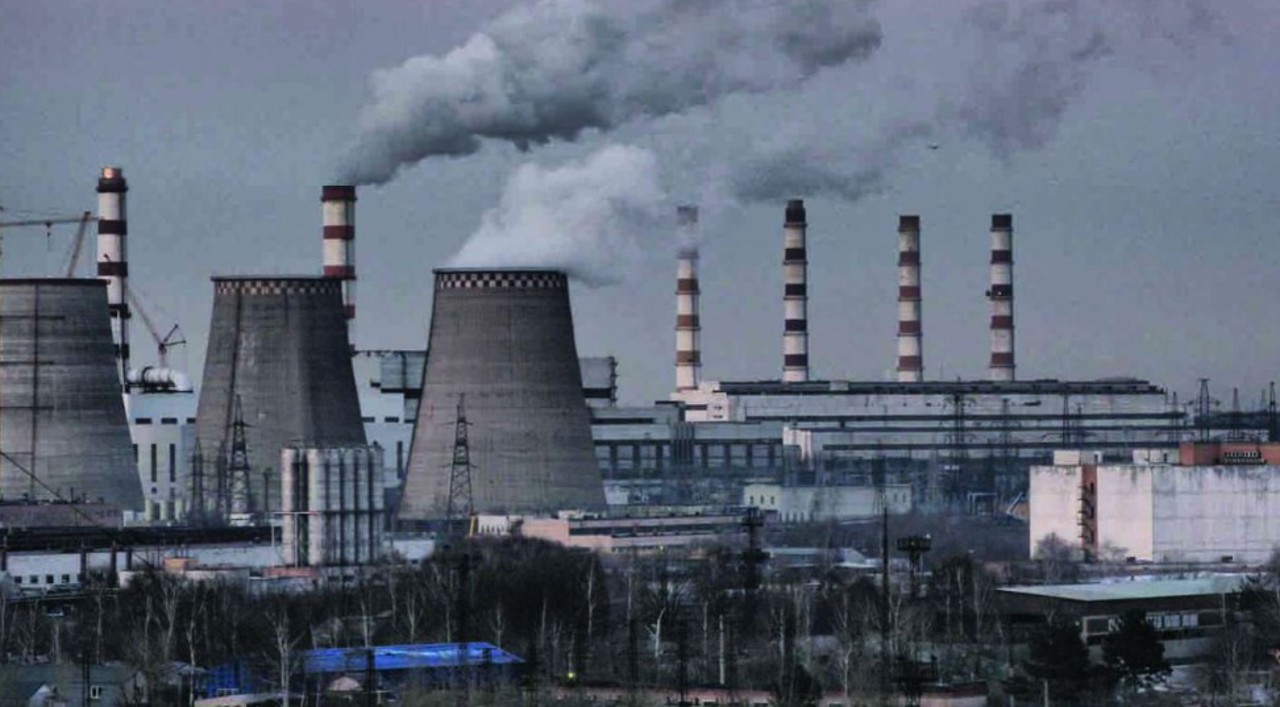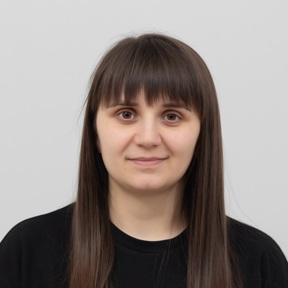Moldovan Farmers Boost Yields with Organic Training
A new initiative is helping farmers in Moldova improve their agricultural practices.
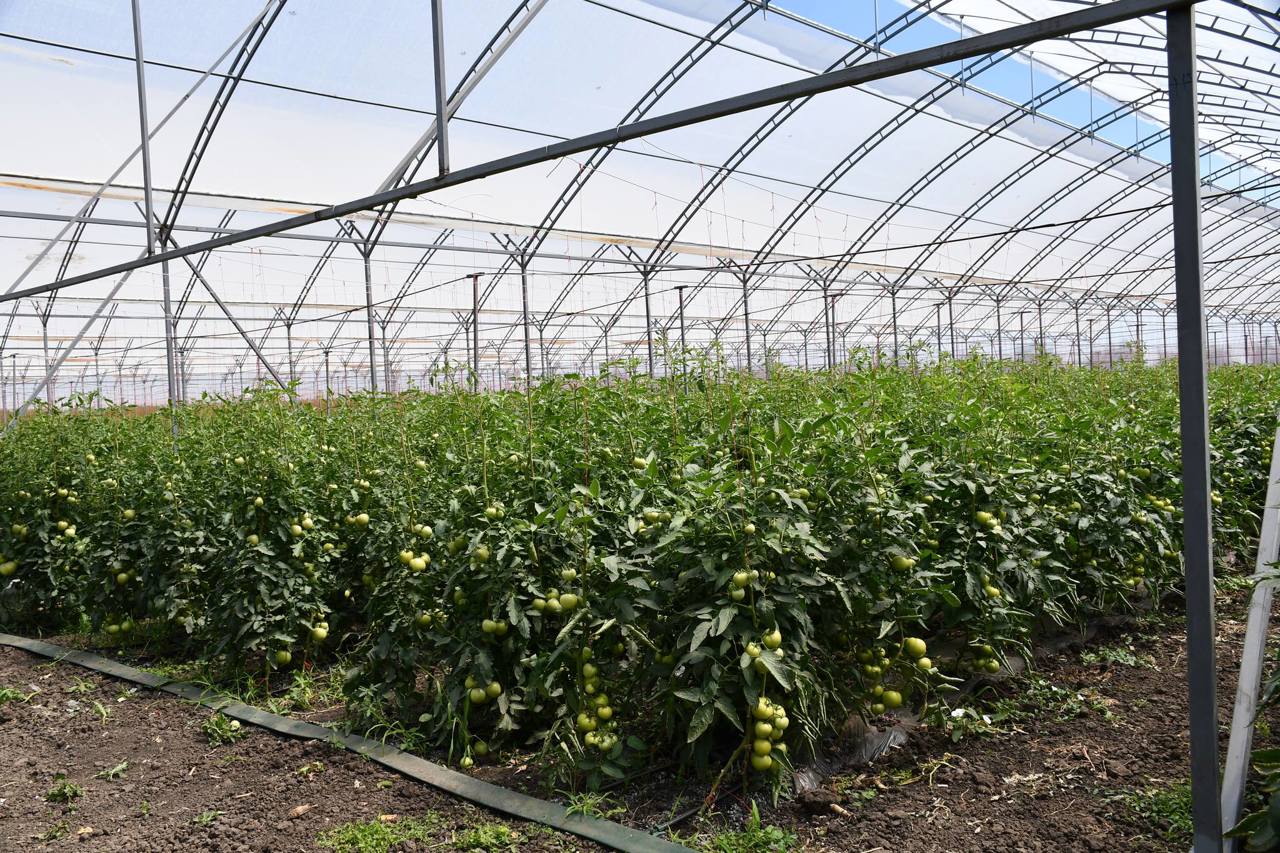
The Food and Agriculture Organization (FAO) of the United Nations has implemented a pilot project in the Orhei and Rezina districts, establishing eight "field schools" to train farmers on best practices for environmentally friendly soil treatment methods.
Over 700 farmers have already participated in the program, learning valuable techniques to achieve higher crop yields. One such beneficiary is Andrei Țurcanu, a farmer from the village of Zorile in Orhei district. Țurcanu, who owns over 20 hectares of land, benefitted from the field school last year and currently serves as its coordinator. He credits the program with teaching him how to prepare organic fertilisers to enhance soil quality, knowledge he is now sharing with other farmers.
"The primary goal of the program is to introduce solid organic fertilisers, specifically manure," Țurcanu explained. "We are currently evaluating the most effective storage and fermentation methods, optimal ploughing depths for application, and the most suitable crops for rotation following manure application. Initial results in areas where manure has been introduced are very promising, with significant yield increases observed in the second and third years, even during drought conditions."
Another program beneficiary, Ion Grozavu, who operates two greenhouses for vegetable production in Zorile, has also seen significant improvements in his harvest. "The field school introduced me to innovative techniques for growing vegetables using organic fertilisers," Grozavu said. "I implemented these methods and witnessed a substantial increase in both the quantity and quality of my produce. Yields have risen by 40%, and the taste of the vegetables has also improved."
With a total project value of $1.66 million, the FAO initiative aims to promote environmentally sustainable agricultural practices that contribute to achieving land degradation neutrality. "These field schools serve as a platform to educate farmers on these eco-friendly methods," said Mihai Ojog, the FAO project manager. "By working together, we can implement agricultural practices that will lead to long-term improvements in soil health."
Each field school in the Orhei and Rezina districts provides regular training sessions for groups of 20 farmers and agricultural producers. The program's success highlights the potential of such initiatives to empower farmers and promote sustainable agricultural practices throughout Moldova.
Translation by Iurie Tataru
